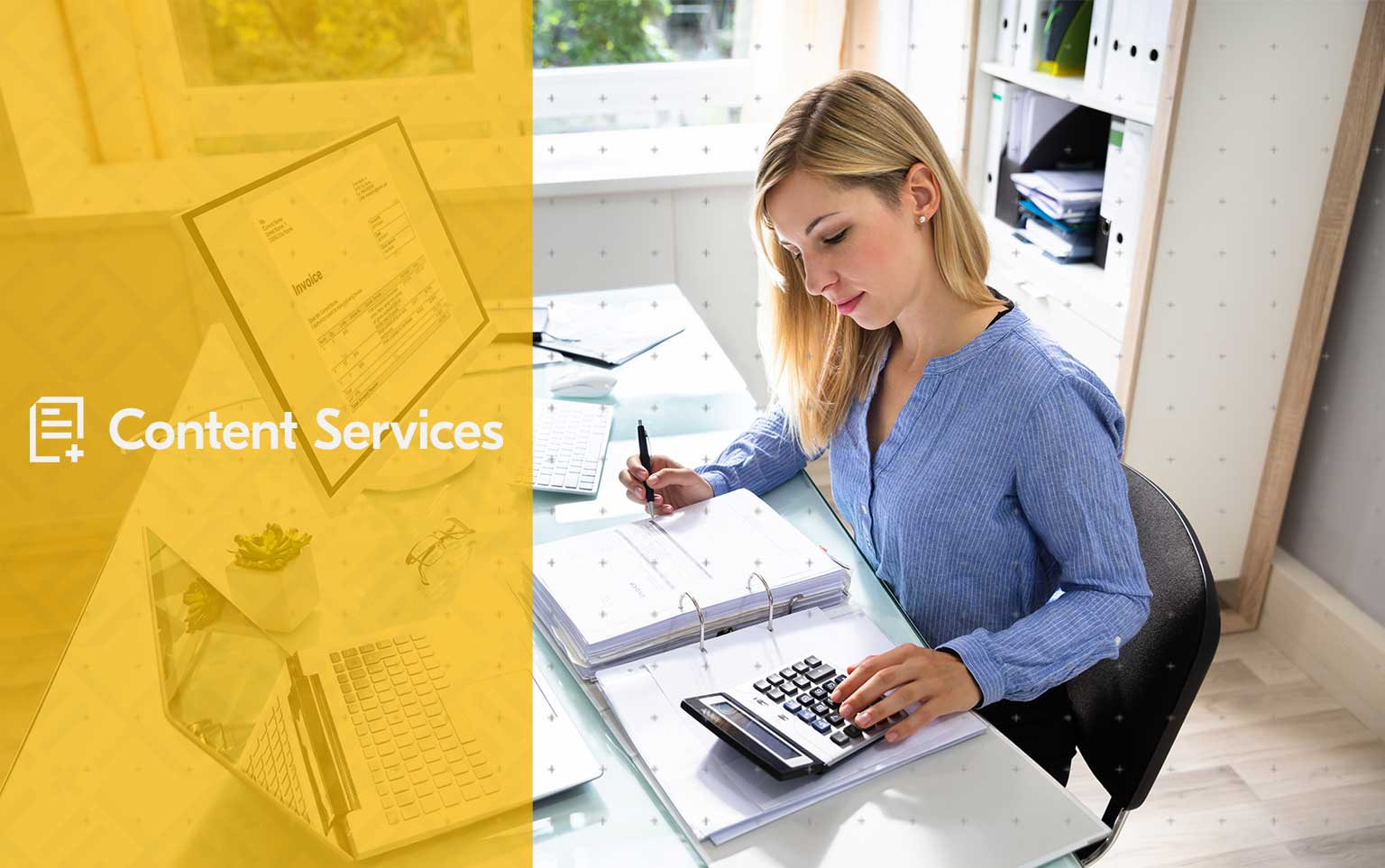

Content Services Sales Consultant
Kyocera Document Solutions UK
E-invoicing facilitates the secure exchange of information between buyers and suppliers via a web or cloud-based service.
When it comes to the introduction of mandatory electronic invoicing, the UK is trailing behind its European counterparts with countries like Germany, France, Belgium, Spain, Austria, Poland, and Portugal all rolling out compliance for B2B e-invoicing over the next two years3 compelling businesses to issue and receive electronic invoices for all transactions; aimed at enhancing transparency, improving tax compliance, optimising invoice operations and simplifying data sharing.1
In the UK e-invoicing is not mandatory for B2B transactions but is required for transactions to and from public entities, such as the NHS, central government departments and local authorities.
Compliance with public sector billing regulations will be a driver for the adoption of e-invoicing in the UK for both enterprise and small to medium sized businesses. Moreover it’s likely that supply chains will start to require it, especially if they trade with countries that are adopting e-invoicing ahead of the UK.2
As with any repetitive finance process, the goal of an e-invoicing system is to automate and streamline as much as possible and to stay compliant. These systems enhance data control and can provide secure access to audit trails with visibility from creation to payment.
The EU defines electronic invoices as “an invoice that has been issued, transmitted and received in a structured electronic format which allows for its automatic and electronic processing.”
OpenText3 explain that an e-invoice is a type of digital invoice – but not all invoices are e-invoices. An electronic invoice follows an agreed set of rules to transmit data about a bill to be paid. They say that a true electronic-invoice should contain data from the supplier in a format that it can be entered (or integrated) into the buyer’s Accounts Payable (AP) system without requiring any data input from the buyer’s AP Administrator.
According to OpenText4 research suggests that a paper-based invoice costs six-times more to process than an electronic invoice and this saving is matched by revenue generating opportunities and cash flow potential.
Many see the move to e-invoicing as a negative – as just another administrative hurdle to overcome as a business. Perhaps they are not looking at the positive benefits of change.
Let’s look at environmental benefits – think about the paper and energy required to print, post and deliver an invoice and the storage space required to store and archive invoices for the regulatory HMRC period. OpenText suggest that it takes 12 million trees to create the 30 billion invoices sent across Europe each year and that 3 million tonnes of CO2 could be removed from the environment through e-invoicing.
Customer benefits
Aside from reducing errors and streamlining the invoicing process, e-invoicing offers several other benefits for businesses These include:
Reduced costs: As automation handles all the operational processing, fewer resources are needed, resulting in workplace efficiencies.
E-invoicing isn’t just an upgrade it’s a move towards reducing costs, faster payments, securer transmissions, improved accuracy and easier trade.
It will enable you to become more efficient and be ready to do business with other supply chain organisations who have already made the switch.
E-invoices reach buyers faster than paper invoices, they are easy to issue and speed up the payment process. Errors are eliminated and manual data entry is no longer required. E-invoicing provides secure access, the environmental benefits described above and brings transparency to finance teams.
Don’t let outdated methods hold you back—switch to e-invoicing and propel your accounts department into a future of efficiency and precision, making everyone’s life easier.
Kyocera are offering a free consultancy day
We’ll explore how automated accounting systems such as e-invoicing can help your business stay competitive and compliant.

Did you know Kyocera also offer Accounts Payable Automation, so you can streamline the entire accounts payable process with an integrated, automated system.